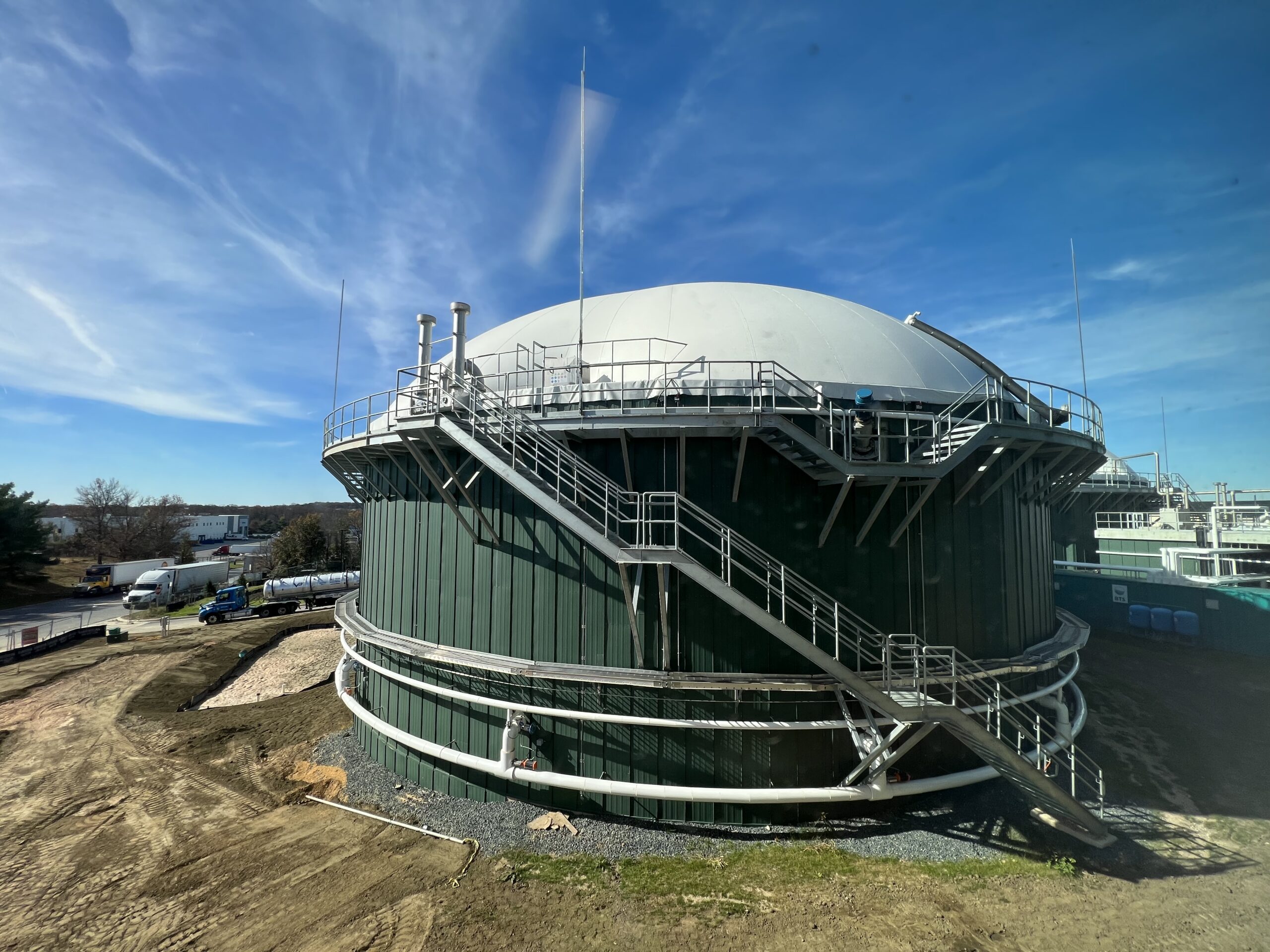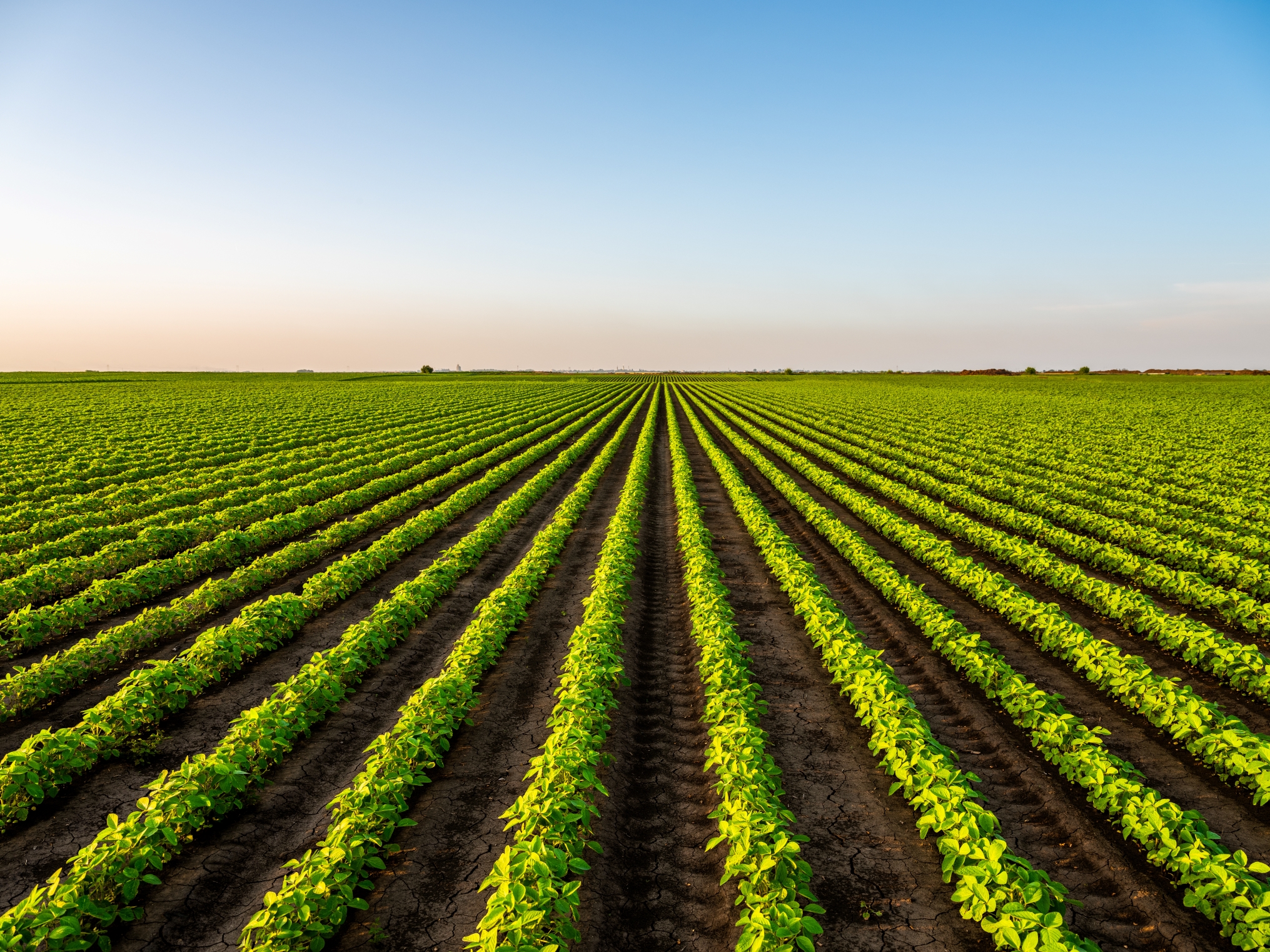
In the face of growing concerns about environmental sustainability, finding innovative solutions to manage food waste has become a pressing matter. One such solution is anaerobic digestion, a process that not only diverts food waste from landfills but also generates valuable products with a multitude of benefits. From transforming food scraps into healthy soil amendments to producing renewable natural gas (used for heat and electricity), anaerobic digestion is proving to be a sustainable and efficient way to tackle food waste.
Let’s dig in to explore the concepts of anaerobic digestion and delve into the benefits it has to offer. This process can contribute to a greener, more sustainable future.
Understanding Anaerobic Digestion
Anaerobic digestion is a process that uses microbes to break down organic waste materials in the absence of oxygen. Converting waste into renewable natural gas and an organic soil amendment used in compost, called "digestate." This natural biological method is gaining traction as a sustainable alternative to landfills and incineration for food waste management. Unlike incineration, which releases harmful greenhouse gases, anaerobic digestion reduces greenhouse gas emissions by capturing and utilizing biogas as an energy source.
One of the remarkable aspects of anaerobic digestion is that it can utilize various types of organic waste materials, including food processing waste, agricultural residues, and even food waste from households and businesses, can be used as "feedstock" for anaerobic digestion. This versatility makes it a flexible and scalable solution for waste management, contributing to the reduction of the harmful effects of these organics going into a landfill.
Another benefit of anaerobic digestion is its ability to improve water quality. By treating organic waste through this process, harmful contaminants are removed, ensuring cleaner water. Anaerobic digestion reduces the amount of nutrients in wastewater such as nitrogen and phosphorus, preventing their release into rivers, lakes, and seas. As a result, it helps protect ecosystems and supports the availability of clean water for various purposes, including drinking and agricultural irrigation.
In addition to waste management and water quality, anaerobic digestion contributes to renewable energy generation. The biogas produced from this process, primarily consisting of methane and carbon dioxide, can be captured, scrubbed, and utilized as a source of clean energy. Biogas can be used for heating, electricity generation, and even as a fuel for transportation. This not only reduces reliance on fossil fuels but also helps mitigate climate change by displacing the use of more carbon-intensive energy sources.
Overall, understanding the process of anaerobic digestion offers insights into its potential as an alternative to landfills and incineration for waste management. By utilizing a variety of organic waste materials, it provides a sustainable solution for waste disposal. As societies strive for more sustainable practices, anaerobic digestion will undoubtedly play an important role in achieving these goals.
Benefits of Anaerobic Digestion for Food Waste Management
One of the key benefits of anaerobic digestion is that it generates renewable energy. During the process, microorganisms break down organic matter in the absence of oxygen, releasing biogas that can be used as a valuable source of clean energy. This renewable energy can be utilized for electricity generation or can be converted into natural gas for direct use in heating or cooking. By harnessing the energy potential of food waste, anaerobic digestion not only diverts waste from landfills but also reduces reliance on fossil fuels.
Furthermore, anaerobic digestion helps in reducing greenhouse gas emissions. When food waste is disposed of in a landfill, it decomposes and produces methane, a potent greenhouse gas. Methane is a major contributor to climate change. By implementing anaerobic digestion, the methane generated from food waste can be captured and used as a valuable resource, significantly reducing its release into the atmosphere. This process not only mitigates climate change but also helps in promoting a circular economy by closing the loop on waste.
Lastly, anaerobic digestion is a cost-effective solution for food waste management. Compared to other waste management techniques, such as incineration or landfilling, anaerobic digestion requires lower capital investment and has lower operational costs. Moreover, the revenue generated from selling the biogas or digestate can further reduce the overall costs. This makes it an attractive option for municipalities, businesses, and individuals looking to manage their food waste in a sustainable manner.
Anaerobic digestion provides numerous benefits for food waste management. Not only does it offer a sustainable alternative to landfills and incineration, but it also helps in generating renewable energy, reducing greenhouse gas emissions, and providing a cost-effective solution. By embracing anaerobic digestion, we can make significant strides towards creating a cleaner and greener future, where the value of food waste is maximized, and pollution is minimized.



Bioenergy Devco
Headquartered in Annapolis, MD, Bioenergy Devco is a global leader in the design, engineering, construction, financing, and operation of advanced anaerobic digester systems. Its proven technology harnesses naturally occurring biological processes and provides scalable solutions to help communities and businesses transform their organic waste. Through its wholly owned subsidiary, BTS Biogas Srl, Bioenergy Devco has built over 250 facilities and currently manages more than 150 organics recycling and clean energy generation facilities worldwide. Its anaerobic digesters help mitigate climate change by reducing greenhouse gas emissions from organic waste.